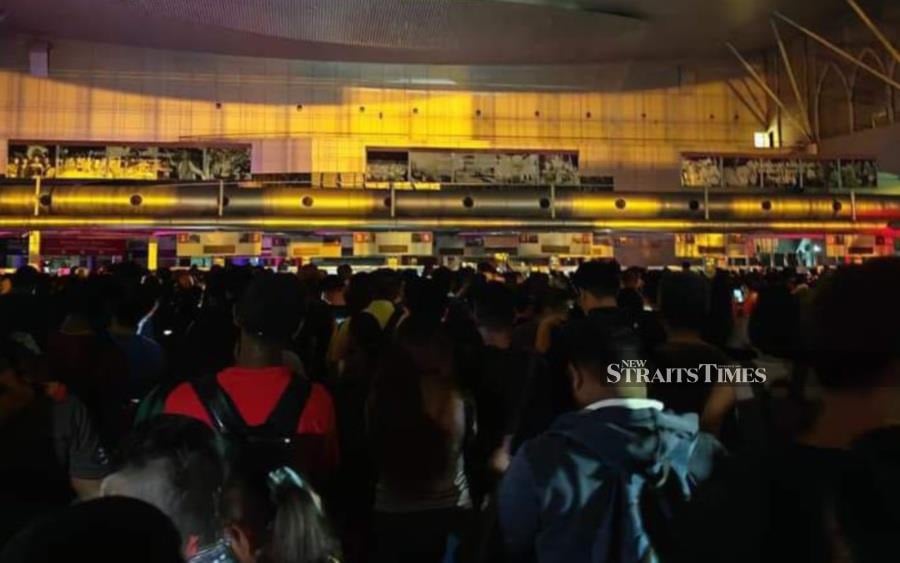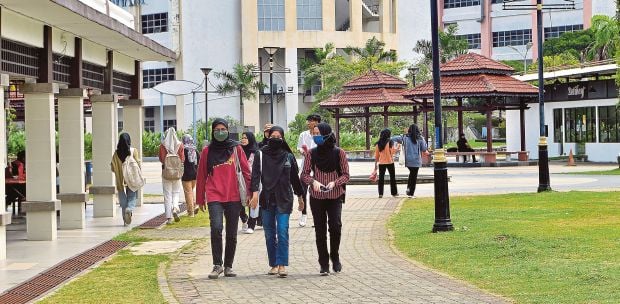IT'S the tallest order for Tenaga Nasional Bhd: the national power company fundamentally cannot fail to maintain national electrical supply, given their sweet monopolistic position.
Meaning that occasional blackouts, especially prolonged outages, are no longer acceptable and even perceived as intolerable.
TNB's corporate clients and middle-class households demand perfection because over the years, they grudgingly had to endure spiked tariffs, one that was even imposed earlier this year. So, in return for all the spoils, TNB's electrical supply must be indefectible: every day, every hour and every minute.
TNB has no recourse but to honour this demand as the only client charter that really matters. It's not as if consumers can switch to an alternate power supply if a TNB fuse, generator or sub-station explodes or goes offline. Of course, there's always alternative and renewable energy — solar panels, windmills and generators. However due to its deterrent cost, not everyone can afford or even contemplate such an installation.
It was therefore only understandable that Johor Menteri Besar Datuk Onn Hafiz Ghazi "blew a fuse" over the prolonged 10-hour blackout at the Sultan Iskandar Building in Johor Baru on Tuesday, which he described as a state embarrassment.
TNB can only respond in profused blushes. Still, we know how Onn Hafiz should follow-up on his lividness: propel his government to pioneer solar panel farms, a wind turbine installation perched on the state's vast coastline, or even a backup generator that kicks in every time TNB's supply falters.
The idea of domestic renewable energy hasn't really caught on because very little is invested in its practicality. The eco-benefits are too obvious to state and yet, Malaysia trails its neighbours on the back of poor financial incentives and investments, and exasperating red tape.
Also, renewable energy is impractical for now because of inadequate capacity, though the situation is progressing as more clean energy projects are green-lighted. The other complexity is the infancy of battery power; storage of clean energy is not constant because solar power cannot be produced at night or wind power is of no help if there's no wind, although remedial technology is developing.
However, if a critical mass of household users make the switch, it may compel new thinking in electricity supply, like the government investing in wind power — sails, windpumps and windmills — on a massive scale. In a fit of self-preservation, TNB may even be our saviour in the drive towards renewable energy.
In lambasting TNB and taking it to task over the power disruption, we implore Onn Hafiz to lead the charge in highlighting the priority for renewable energy. It might spark a renaissance in conserving and protecting our fast depleting forests and natural resources.





